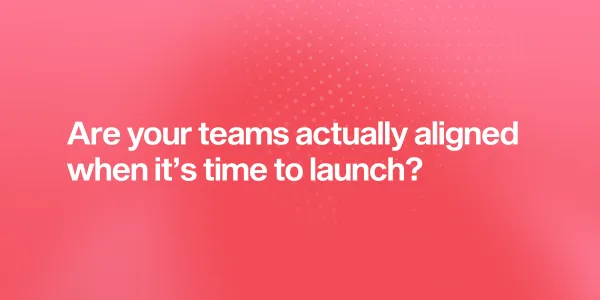Startup Survival Guide: 7 Essential Strategies for Founders to Navigate Early Challenges
The path from "I have an idea" to "we're profitable" is more like Squid Game than Shark Tank. Learn 7 essential survival techniques from defining MVP budgets to eliminating toxic team behavior that will help your startup beat the odds.

Let's be brutally honest: around 95% of startups don't make it.
At MOP, we witness this stark reality firsthand, even as we focus on significantly de-risking that challenging journey for the founders we support. Make no mistake, the path from "I have an idea" to "we're profitable" often feels less like a polished pitch on Shark Tank and more like a high-stakes round of Squid Game.
As Neil Blumenthal put it:
“A startup is a company working to solve a problem where the solution is not obvious and success is not guaranteed.”
Our translation? You're essentially betting your time, your reputation, and often, someone else's capital on an outcome that’s, at best, uncertain.
The internet is full of aspiring unicorn founders heralding "revolutionary" ideas. But in 2025, an idea is merely table stakes - the basic entry fee. Execution is the undisputed champion of the game.
To truly test your concept and see if it has potential, you need an MVP (Minimum Viable Product). Eric Ries defines this as:
“The version of a new product which allows a team to collect the maximum amount of validated learning about customers with the least effort.”
With that in mind, here are 7 battle-tested survival techniques our MOP team has distilled from the front lines of building startups that don't just launch, but actually ship and succeed:
1. Set a hard MVP budget ceiling 💰
Burning $500K on an MVP is financial suicide. Define a budget you can stomach losing completely (yes, completely). These days budgets for building are waaay less.
Pro tip: Get a senior full-stack dev to estimate features before you start. This prevents the endless "just two more weeks" cycle that drains your runway.
2. Ship embarrassingly early 🚢

The single biggest mistake first-time founders make: perfecting in isolation.
Your product with 5 killer features > competitor's product with 25 mediocre ones.
Remember: Airbnb started as "air bed and breakfast" – literally mattresses on floors. Uber was just "tap a button, get a ride." They worked because they solved ONE problem extremely well.
3. The 1.5x estimation rule ⏱️
When a dev says "this feature will take 1 week," mentally multiply by 1.5x.
For complex features, use the triple estimate approach:
- Best case: 1 week
- Likely case: 2 weeks
- Worst case: 3 weeks
Then go with worst case 80% of the time. You'll thank me later.
4. Post-MVP = zero assumptions 🔍
Pre-MVP, assumptions drive development. Post-MVP, assumptions should die.
Once real users touch your product, their behavior becomes your north star. The "I think users will love this feature" phase is officially over.
Your early adopters are telling you what your company actually is – are you listening?
5. Treat every early customer like they're worth $1M 🤝

Because they might be.
One rabid early user who loves your product can:
- Provide invaluable feedback
- Bring their entire network
- Become your best case study
In 2025, the cost of switching products is nearly zero. If you don't respond to feedback quickly, users vanish forever.
Tools like Intercom, Crisp or even just a monitored support@ email must be part of your MVP.
6. Focus is your unfair advantage 🎯
"But what if we also added..." - stop right there.
- Dilutes your core offering
- Creates technical debt
- Needs documentation, testing & maintenance
- Confuses your messaging
The hardest startup skill isn't building – it's saying no to good ideas that aren't great.
Thinking about making your idea a product?
7. Toxic teammates are startup kryptonite ☠️
One toxic team member can kill your startup faster than any market condition.
Red flags to watch for:
- Information hoarding
- Consistently missing deadlines
- "That's not my job" mentality
- Part-time commitment with full-time expectations
- Blame-shifting when things break
You can't afford these behaviors when fighting for survival. Cut quickly.
Reality Check
Startups aren't glamorous – they're grueling. But they're also one of the few ways to create outsized impact and wealth in a single decade.
Your journey will look nothing like what you imagined. That's not failure – that's the process.
Ship early. Listen hard. Focus ruthlessly. Let customers guide your evolution.
And remember: Instagram started as Burbn (a check-in app), Slack was a failed gaming company's internal tool, and Twitter began as a podcasting platform called Odeo.
The path is never straight. But with these principles, you'll avoid the deadliest startup traps.
Let's keep in touch! Feel free to reach out anytime with questions: resad@ministryofprogramming.com



